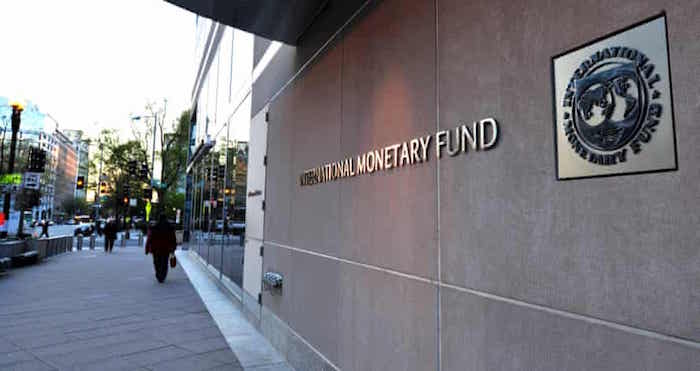Nigeria has officially exited the list of countries indebted to the International Monetary Fund (IMF) following the full repayment of its $3.4 billion loan obtained under the Rapid Financing Instrument (RFI) in April 2020.
The development was confirmed in the IMF’s latest report, titled “Total IMF Credit Outstanding – Movement from May 01, 2025 to May 06, 2025”, which shows that Nigeria is no longer among the 91 countries with outstanding credit obligations to the Fund. As of May 6, 2025, the total IMF credit outstanding globally stood at approximately $117 billion, with Nigeria absent from the list for the first time since the COVID-19 emergency loan was granted.
The initial loan, disbursed at the height of the pandemic, was aimed at cushioning the economic impact of global lockdowns, revenue shortfalls, and disruptions in oil exports. Nigeria, like many emerging economies, turned to the IMF for emergency financing to stabilize its foreign reserves and support its balance of payments.
Over the past five years, the country gradually repaid the loan in tranches. Data shows that by July 2023, the outstanding amount stood at $1.61 billion. It was reduced to $1.37 billion by January 2024, further to $933.03 million by July 2024, and then to $472.06 million by January 2025. The final repayment was made in early May 2025.
Although the principal debt has been cleared, Nigeria will continue to pay interest and administrative charges associated with the facility. These annual charges, estimated to exceed SDR 22 million (approximately $30 million) in 2025, will continue until 2029.
Government officials have welcomed the news as a major fiscal milestone. Senior Special Assistant to the President on Digital Engagement, Strategy, and New Media, O’tega Ogra, described the development as a reflection of the Tinubu administration’s commitment to financial discipline and prudent economic management. He noted that clearing the IMF loan enhances Nigeria’s credibility in the international financial space and positions the country better for future investment and multilateral support.
Despite the repayment, Nigeria remains a member of the IMF and retains access to its support programs should the need arise in the future. Analysts have suggested that this development could strengthen the country’s negotiating power and investor confidence as it continues its economic reform agenda.
The exit from the IMF debt list is seen as symbolic of Nigeria’s efforts to stabilize its economy, restructure its debt portfolio, and build resilience in the face of global financial uncertainties.
